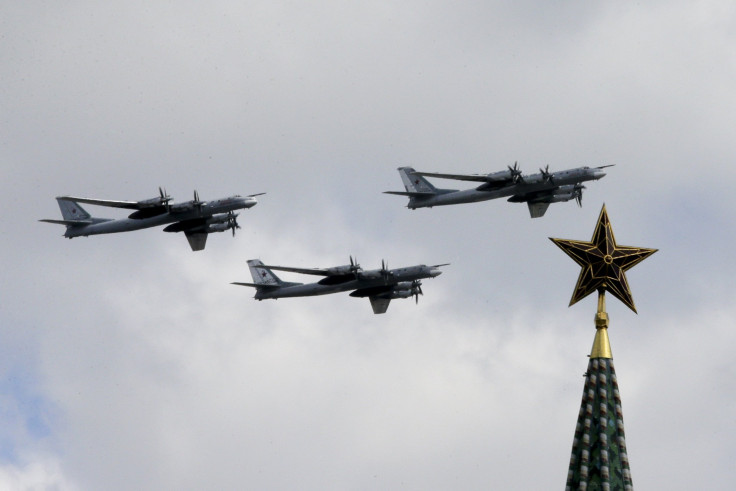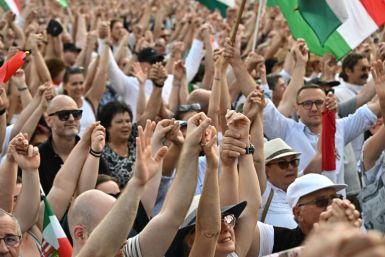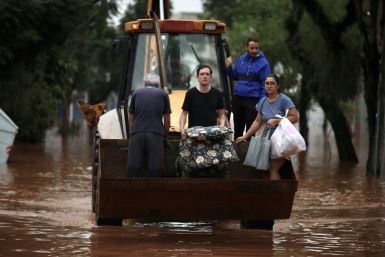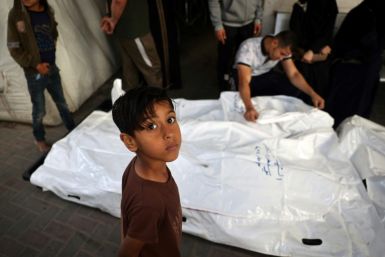Russia Is A Threat To Every Nation, Says UK’s Former MI6 Boss John Sawers

Sir John Sawers, former head of the British MI6, as with any diplomat, would like to highly believe that current tensions with Russia could potentially be improved with consistent and increased dialogue. Yet his optimism on possible conciliatory talks is seemingly fragile because he more strongly believed that Moscow and its current president is a threat to every global nation.
That "[Russia] keep on reminding us that they have nuclear weapons," is a testament that the paths between Russia and the entire of Europe “failed to converge,” he told BBC Radio 4's Today programme. "We shouldn't kid ourselves that Russia is on a path to democracy because it isn't," Sir John said.
Sawers, who recently retired after five years as chief of the Secret Intelligence Service, issued the stinging remarks after Boris Nemtsov, who briefly served as the country’s deputy PM under Boris Yeltsin and one of President Vladimir Putin’s most vocal critics, was shot dead on a street in Moscow. "One of the aspects of the modern world is that we live in a much more dangerous world these days,” he said. He also added that the stability or peace experienced during and in the two decades after the Cold War has changed.
He pointed out that the crisis in Ukraine is just a symptom of what Russia could do to the entire European region, or probably to the rest of the global nations. "It's not the real problem. The real problem is how we live with a Russia which feels very exposed. Putin's actions are ones of a leader who believes his own security is at stake.”
He said the British government could help assuage Mr Putin’s fears through earnest dialogue with the Russian leader. However, he likewise urged the UK to spend more on defence and security because the threats have become greater. “We've already got nuclear bombers approaching the Cornish coast," he said.






